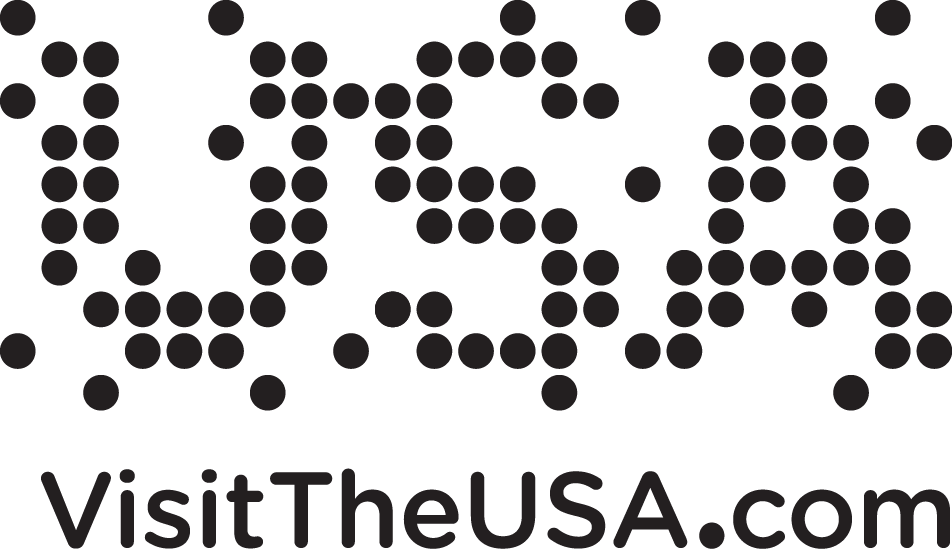Sustainability
Green Initiatives
Here at the Virginia Beach Convention Center, we’re experts of enjoyment. Virginia Beach knows how to masterfully have a great time and it just wouldn’t be fair to keep that a secret. Allow us to welcome you into our home. We pride ourselves in being the nation’s first convention center to earn LEED® Gold certification from the U.S. Green Building Council. Our eco-friendly, state-of-the-art building can handle meetings and events of any capacity. As a part of the Virginia Beach Convention & Visitors Bureau, a visit to the Virginia Beach Convention Center will transform you into a local in no time. Located only minutes from the beach and resort area, we have all the perks of coastal charm and big-city amenities at our fingertips. Enjoy our expansive variety of hotels, entertainment, shopping and dining.
We’ve got everything ready for you – see you soon.
Recycling
- The following items are collected in pre-function spaces, offices, meeting rooms, exhibit halls and all back of house spaces. Commingled materials are compacted and transported to an offsite recycling facility.
- Glass and plastic bottles.
- Aluminum, tin and steel cans.
- Paper, cardboard and chipboard.
- Mercury is captured from proper disposal of fluorescent lamps via an onsite disposal system.
- Battery recycling from all hands-free plumbing devices, computer accessories, etc.
- Used cooking oil is removed from the site and recycled.
- Steel, copper, aluminum, concrete and cinder blocks were recycled from our old convention center during demolition and some were reused as fill material in construction of our new center.
Energy Reduction
- High efficiency Heating & Air Conditioning (HVAC).
- Lighting & HVAC systems programmed based on event schedules to minimize usage during non-peak times.
- Timers and motion sensors that turn lights off when rooms are unoccupied.
- Individual thermostats for meeting rooms and office spaces.
- Extensive use of natural lighting.
- Thermal-rated windows and insulation.
- Energy efficient glass system that limits ultra violet (UV) light penetration in the large pre-function spaces.
- A program has been initiated to upgrade incandescent lamps to more energy efficient compact fluorescent lighting or LED lighting.
- Non-essential items turned off when spaces not in use such as escalators, video walls and similar items.
- Tracking overall energy bills with established goals to reduce energy usage.
Water Efficiency
- Tracking overall water usage and wastewater.
- High efficiency dishwashers.
- Microfiber technology mops.
- Low flow restrictors on faucets.
- Hand sinks and soap dispensers with motion sensors.
- Effective landscape management plan which utilizes drought tolerant species, metering and rain gauges, and minimizes lawn areas.
- Effective storm water management with vegetative buffers around storm ponds.
- Automated irrigation system measures rain and limits irrigation demand.
- Minimization of impervious areas (paving, concrete, etc.).
Waste Reduction & Environmentally Friendly Practices
- Food Services
- Eliminated the use of Styrofoam.
- Use dishware and glassware to minimize use of disposables.
- Concession stand disposable containers are made from:
- Bio-based materials.
- Compostable.
- Use water stations to minimize the use of single-use bottles.
- Food overages are donated.
- Food waste is composted.
- Effective food inventory control to minimize wastes.
- When available, purchase locally-grown produce and other foods.
- Onsite seasonal herb and vegetable garden.
- Office/Purchasing
- Purchase recycled-content paper towels and toilet tissue.
- Purchase from vendors and serves providers with commitment to the environment.
- 2-sided copies/printing.
- Use electronic correspondence and forms.
- Purchase recycled content paper.
- Purchase of durable equipment and furniture.
- Maintenance
- Uses low or no VOC Latex Paint.
- Proper recycling and/or disposal of thinners and solvents.
- Aggressive carpet maintenance program to maximize the life of carpets.
- Preventative maintenance of all appliances, HVAC systems, plumbing, and vehicles.
- Last-in/first-out inventory and effective labeling systems.
- Minimize use of pesticides and herbicides (integrated pest management practices).
- Use of environmentally-friendly housekeeping products including the following:
- Recycled content paper products.
- Microfiber cloths and mops that are washed on site for reuse.
- "Green Label" vacuums and floor scrubbers for improved indoor air quality.
- Green Seal certified cleaning products.















